I have been watching Eurovision Song Contest religiously since 2008 when my university housemates and I channel-surfed our way into it and WTF'd our heads off. It was a madcap journey, as if time had stopped and every other country's entrant thought they were at an all-ages primary school talent competition in the 70s.
What I'm saying is it was amazing.
It was a more innocent time back then. When pirates and monsters and drag queens dressed like disco balls ruled. When bespectacled men with out-of-sync backing dancers played children's toys as instruments, when women rode unicycles around dunce-cap-wearing rock bands, when pop divas had campy topless male backing dancers, bearded male vocalists had bearded female backing singers and serious singers were suddenly intruded on by roller skating violinists. Eurovision was full of camp and silliness, like a talent show among friends (albeit two hundred million of them) and it was a safe space to let your freak flag fly because no one was judging.
It was a safe space to let your freak flag fly because no one else was watching and judging.
But then social media really became a thing, news outlets online became truly international and the world got a whole lot smaller. Outsiders started peering through the windows at the private in-jokes and silly costumes and the lack of reservation and freedom that only comes from being among friends. With outsiders not in on the joke peering inside with confused expressions and snide remarks, it's impossible not to become self-conscious.
Eurovision is still fabulous fun, but the balance has tipped from 70% wacky, 30% serious musican, to 90% serious musician and diva, 10% wacky. These days, the entrants are often already legit singing stars in their country, if not with even broader appeal (such as this year's Russian entry, Sergey Lazarev, and Ireland's Nicky Byrne from multiple-chart topping boy band Westlife. Bonnie Tyler and the entire boy band, Blue, have both performed for the UK a few years back). If not already stars, so many of them are winners of [insert any country name here]'s local version of Idol, or The Voice or X Factor. They want to make their living as a musician, so they can't afford to be mocked with the entire world now able to watch. Eurovision could turn them into the next ABBA or it could kill their international career dead before it even started.
With outsiders not in on the joke peering inside with confused expressions and snide remarks, it's impossible not to become self-conscious.
And what does this all mean for the Eurovision Song Contest spectacular? Safe songs. Now the music is more mainstream and sort of sounds the same, as with the globalization of media we are all exposed to the same music, our previously unique cultures are homogenising into one. The spectacular part of Eurovision is no longer the songs of the song contest, nor the crazy costumes, but the artist/s creative use of the fully LCD staging, pyrotechnics, smoke machines, camera work and the (thankfully, still) perennial favourite: the wind machine. It is not the musical entrant but the staging crew that deserve the glory.
It's a shame that Eurovision has changed, and as, over time, Eurovision slowly morphs into a bigger budget X Factor, I for one will miss the simpler, sillier times. Doesn't mean I'll stop watching, though.

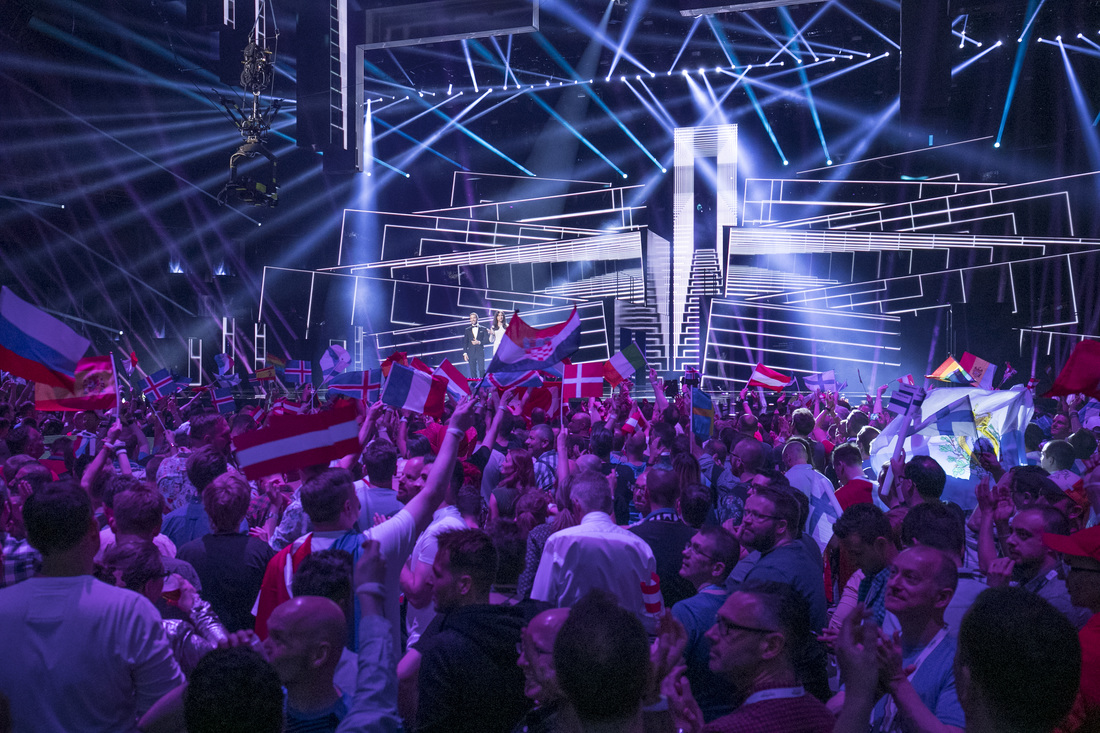
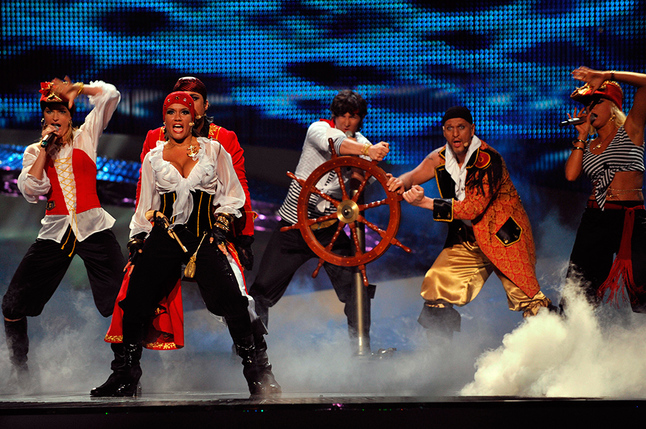
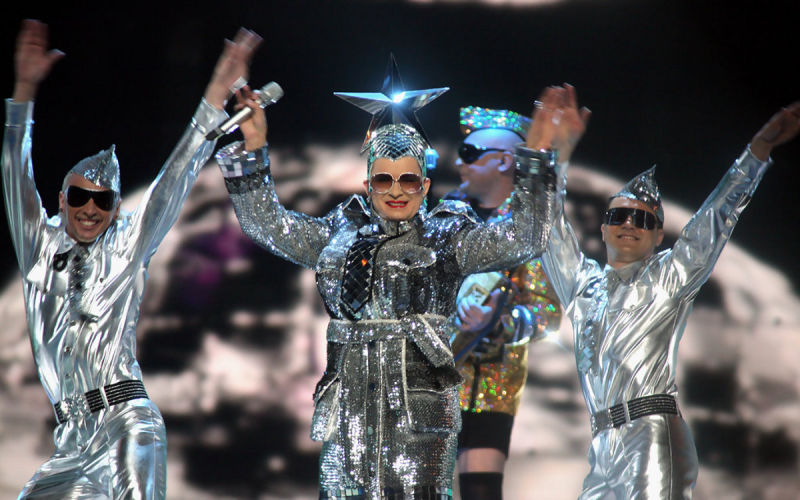
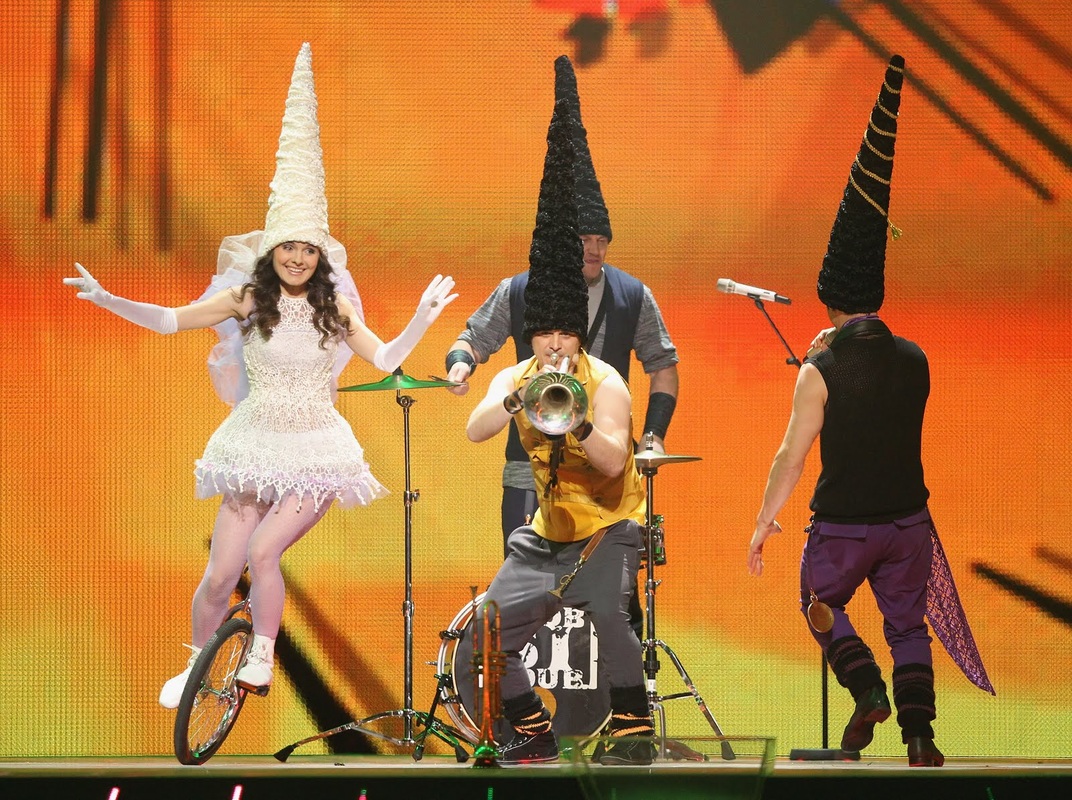
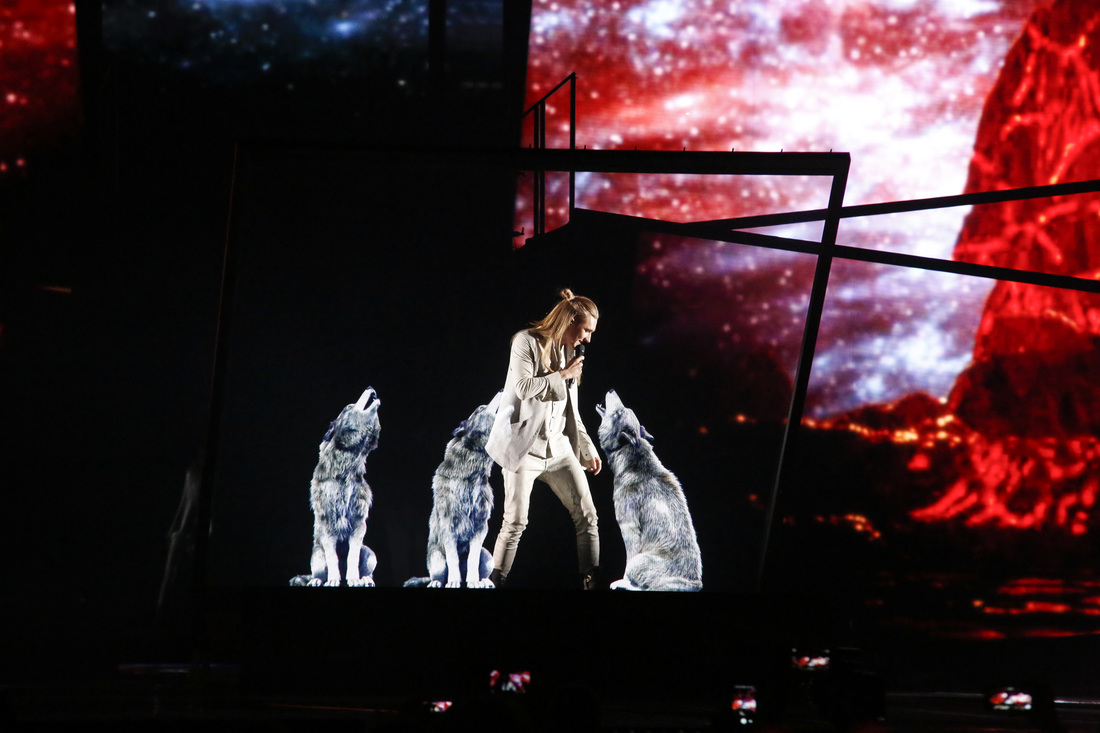
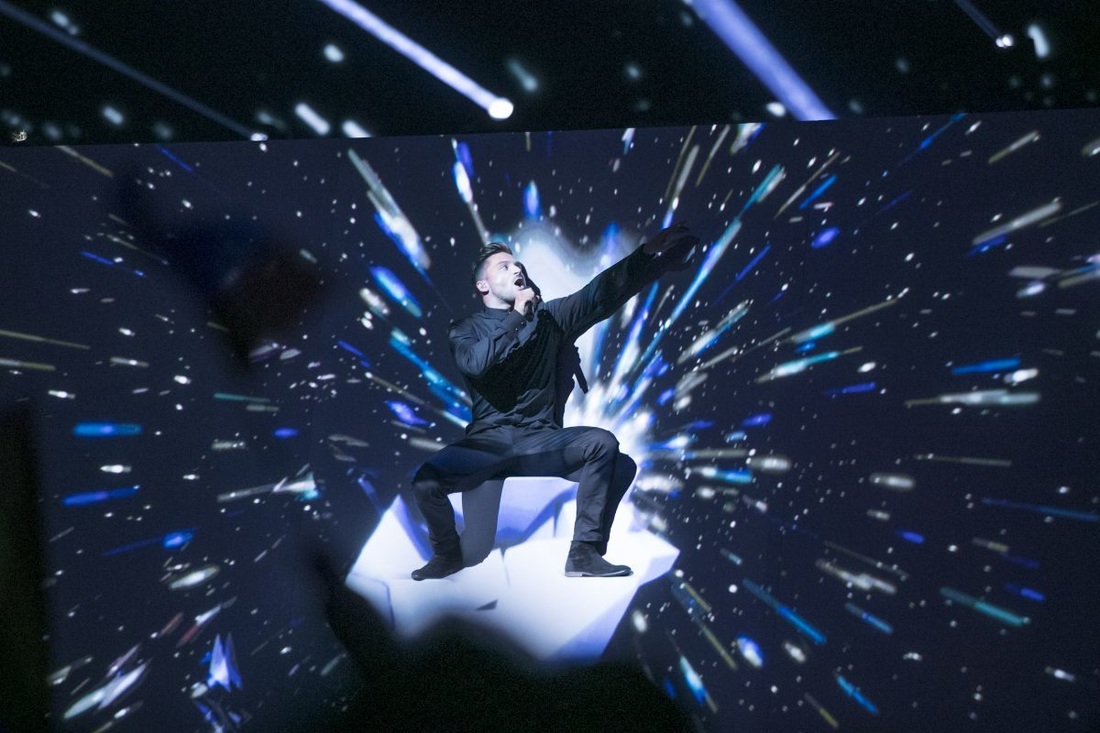

 RSS Feed
RSS Feed
